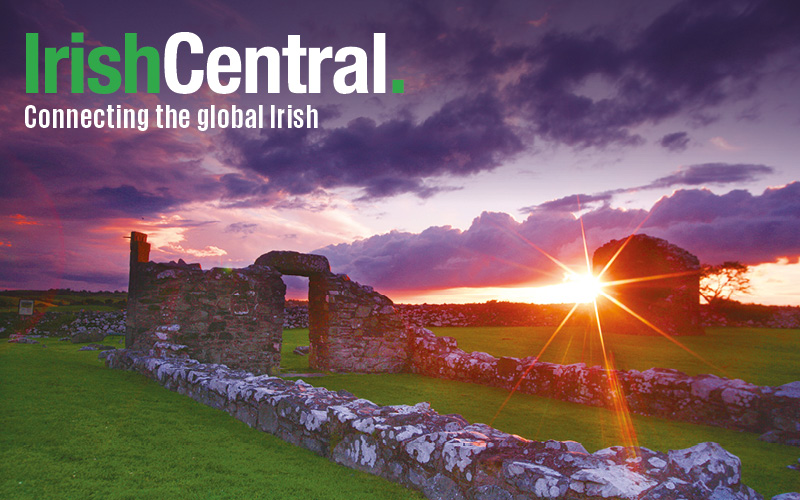Rates of immigrants becoming Irish citizens are amongst the lowest in Europe, new research shows.
Bureaucracy and a lack of clear guidelines are among reasons cited by the Immigrant Council of Ireland for the poor citizenship take-up in the country.
Only 13 percent of foreign born immigrants become Irish citizens. This pales in comparison to 34 percent uptake in all the countries studied.
According to the Irish Examiner more than 4,000 people were declared Irish citizens following a series of ceremonies earlier this month.
The research examined citizenship rates in 15 European Union member states and was conducted by the Migration Policy Group based in Brussels.
The study found that Ireland had the second lowest citizenship take up across the EU, behind Luxembourg.
Chief executive of the ICI Denise Charlton warned this could have serious implications on integration and the Irish economy.
“Those who succeed in being naturalized are more often employed, less often overqualified for their jobs, have better housing conditions and have less difficulty paying household expenses,” Charlton said.
“This report highlights that despite the positive media coverage and feelgood factor of the citizenship ceremonies, which the Immigrant Council campaigned to have introduced, we still have work to do in this area.”
Hilkka Becker, a senior solicitor with the Immigrant Council of Ireland said several barriers have been identified that make Irish citizenship difficult.
“We found that despite a citizenship regime which is more inclusive in theory than those in other EU states, there are difficulties which have contributed significantly to the low rates of citizenship,” Becker said.
“The absolute discretion of the Minister for Justice and Equality in deciding who is conferred with citizenship has created a lack of transparency and clarity with people forced to negotiate a system which lacks clear guidelines.”
Becker said that the concept of earned citizenship, where people are naturalised upon meeting certain conditions, does not exist in Ireland.
“Coupled with this vagueness, our system is one of the most demanding in terms of supporting documentation, with applicants forced to produce identity cards, residence permits, income records as well as officially translated and certified birth certificates and passports,” she added.
“Despite a commitment in 2011 to cut waiting time for applicants to six months, there is still no formal legal time limit and many going through the process continue to endure long waiting periods.”




Comments